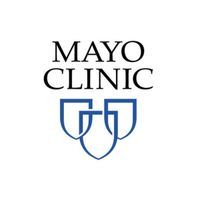
Improvements in Awareness of NMOSD, Optic Neuritis: John Chen, MD, PhD

The neuroophthalmologist at mayo clinic provided context on the importance of raising awareness for NMOSD and the signs that precede clinical events. [WATCH TIME: 3 minutes]
WATCH TIME: 3 minutes
"Even general ophthalmologists are recognizing the importance of looking for the aquaporin-4 antibodies in any patient with optic neuritis, especially if its severe. It’s some of those lesser common symptoms that we need to educate providers about."
Each year, in March, the global clinical and patient community come together to raise awareness for neuromyelitis optica spectrum disorder (NMOSD), a rare inflammatory disease that impacts roughly 15,000 people in the US. Those with the disorder can suffer from sudden vision loss, paralysis, or both. About 90% of NMOSD is relapsing-remitting, similar to multiple sclerosis (MS), a disease for which has been closely linked to NMOSD since discovery.
Organizations like the
Recently, John Chen, MD, PhD, a neuroophthalmologist at
Newsletter
Keep your finger on the pulse of neurology—subscribe to NeurologyLive for expert interviews, new data, and breakthrough treatment updates.










